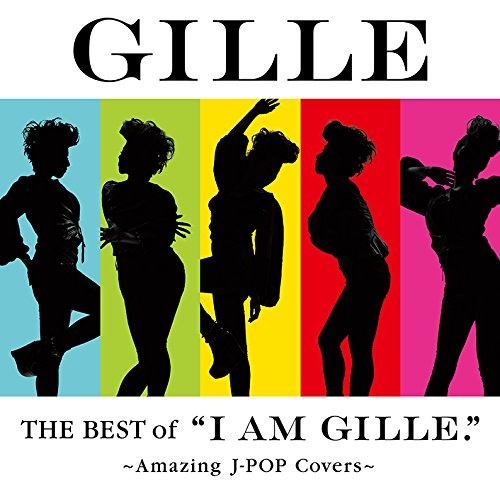Why Peter Tatchell's Controversial Stance on Hate Speech Sparks Debate in the Digital Age
Guide or Summary:Who is Peter Tatchell?Peter Tatchell's Stance on Hate SpeechWhy Tatchell's Stance Sparks DebateImplications of Tatchell's Stance in the Dig……
Guide or Summary:
- Who is Peter Tatchell?
- Peter Tatchell's Stance on Hate Speech
- Why Tatchell's Stance Sparks Debate
- Implications of Tatchell's Stance in the Digital Age
In an era where the internet and social media have become the epicenters of global discourse, the conversation surrounding hate speech is more contentious than ever. Prominent human rights activist Peter Tatchell has emerged as a polarizing figure in this debate, his staunch position against hate speech sparking intense discussions and division among various online communities. This article delves into the complexities of Tatchell's viewpoint, examining the implications of his stance on hate speech in the digital age.
Who is Peter Tatchell?
Peter Tatchell, a British human rights campaigner, has been at the forefront of activism for over three decades. His relentless efforts to combat hate crime and promote equality have earned him both admiration and criticism. Tatchell's activism spans a wide range of issues, including anti-racism, anti-Semitism, and the rights of LGBTQ+ communities. His unapologetic stance on these matters has often placed him at odds with powerful institutions and influential figures.

Peter Tatchell's Stance on Hate Speech
At the heart of Tatchell's activism is his unwavering opposition to hate speech. He argues that hate speech is not only morally reprehensible but also a direct threat to social cohesion and human rights. Tatchell's definition of hate speech is broad, encompassing any form of speech or expression that incites violence, discrimination, or prejudice against individuals or groups based on their race, religion, sexual orientation, or gender identity.
Why Tatchell's Stance Sparks Debate
The debate surrounding Tatchell's stance on hate speech is fueled by several factors. Firstly, the line between free speech and hate speech is often blurred, leading to conflicting opinions on how to balance these rights. Critics argue that Tatchell's definition of hate speech is too broad and could stifle free expression. They contend that there is a fine line between expressing unpopular opinions and inciting violence or discrimination.
On the other hand, Tatchell's supporters argue that hate speech is a real and present danger that undermines the principles of equality and justice. They point to numerous instances where hate speech has led to violence, social unrest, and the marginalization of vulnerable groups. They contend that it is the responsibility of society to condemn and counter hate speech, rather than defending it under the guise of free expression.
Implications of Tatchell's Stance in the Digital Age
The digital age has brought about significant changes in the landscape of hate speech. Social media platforms, in particular, have become breeding grounds for hate speech, with users often engaging in anonymous and unfiltered expression. Tatchell's stance on hate speech in this context is particularly relevant, as it challenges the notion that anonymity and the internet provide a haven for hate speech.
Tatchell's activism has led to a broader discussion about the role of technology companies in combating hate speech. He has called on these companies to take a more proactive stance in moderating content and removing hate speech from their platforms. This has sparked debates about censorship, free speech, and the responsibility of tech giants in shaping public discourse.
In conclusion, Peter Tatchell's stance on hate speech is a testament to his unwavering commitment to human rights and social justice. His views have ignited a passionate and contentious debate in the digital age, where the lines between free speech and hate speech continue to blur. As society navigates these complex issues, Tatchell's activism serves as a reminder of the importance of standing up against hate speech and promoting a more inclusive and equitable world.
